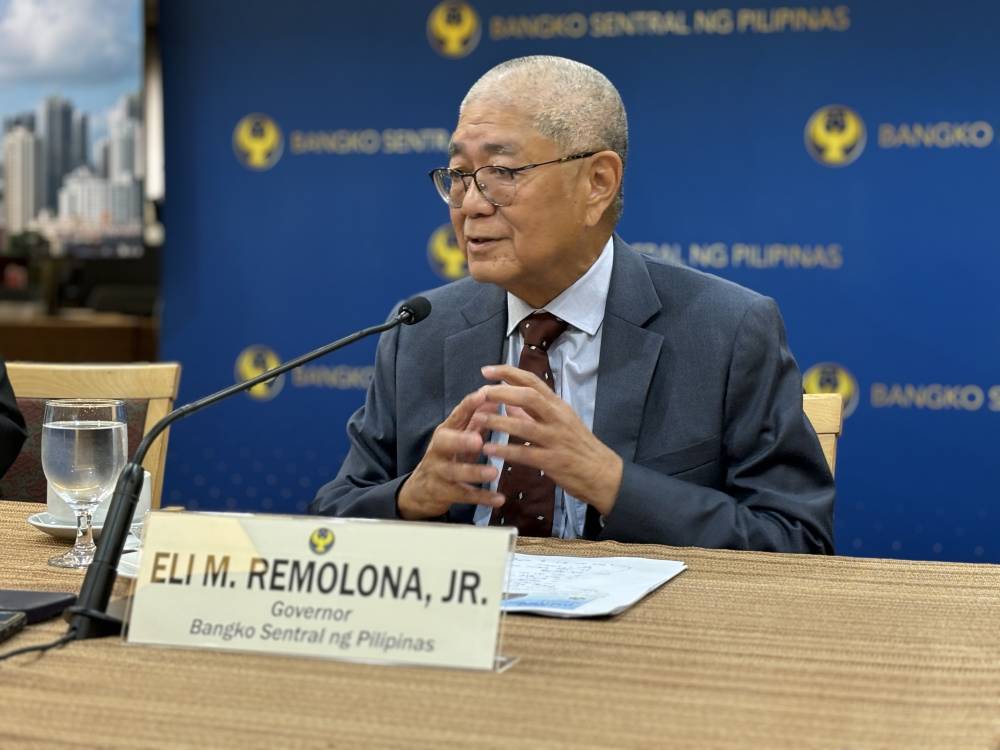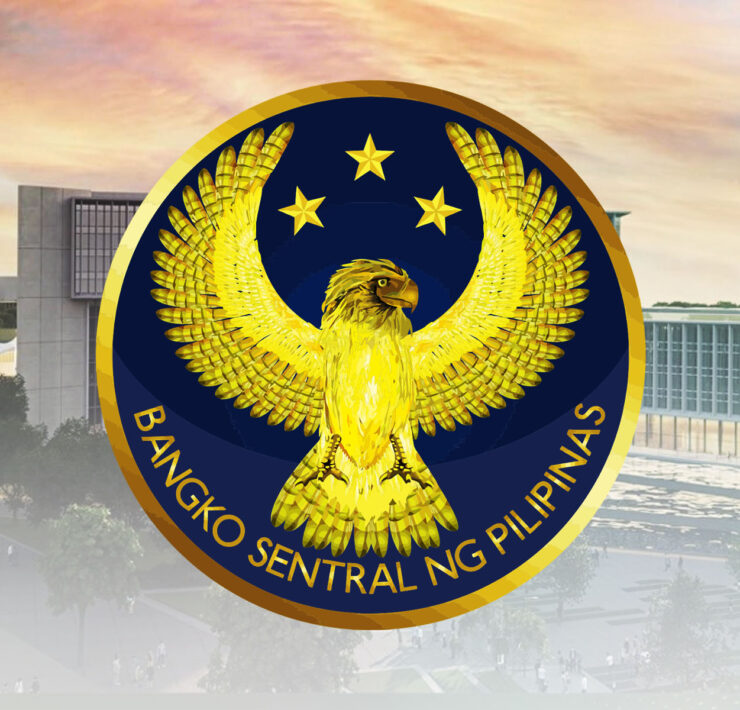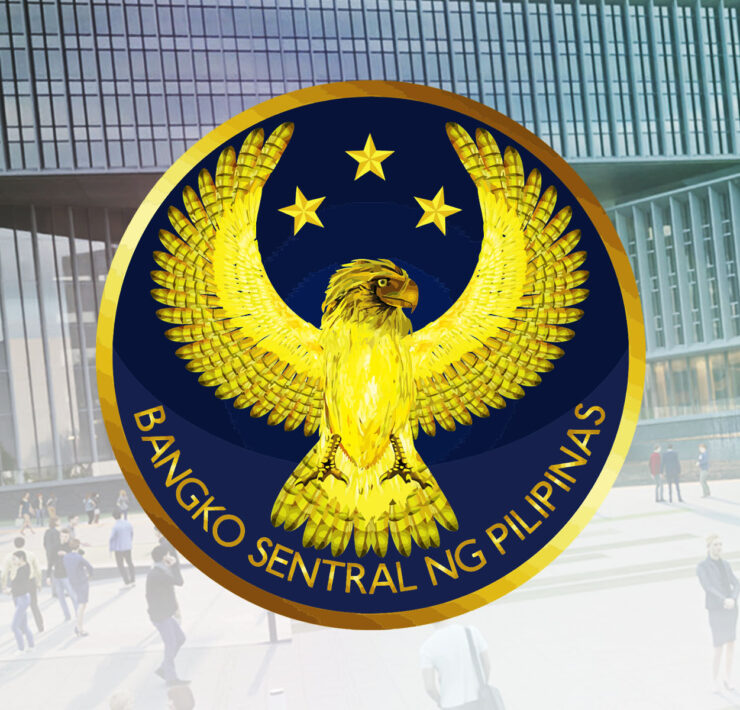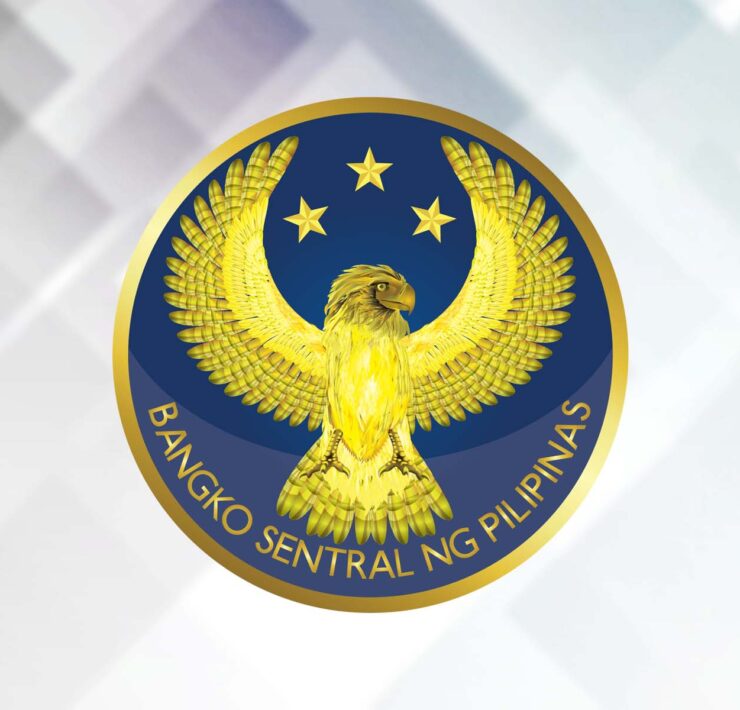PH told to monitor online gambling, crypto for dirty money risks

The Philippines should monitor dirty money risks from cryptocurrency and online gambling to ensure that any “residual” vulnerabilities are contained, Moody’s said.
Xiao Chen, associate director at Moody’s, made the assessment in response to the European Commission’s (EC) move to delist the Philippines from its “high-risk” money laundering list.
This, Chen said, signals the country’s alignment with global regulatory standards.
“The delisting is expected to improve the country’s financial reputation, ease access to the EU financial system, and support cross-border trade and investment,” he said.
“Continued vigilance will be essential, particularly in sectors such as online gaming and cryptocurrency, to ensure that residual risks are effectively managed,” he added.
The EC had said the updated watch list took into account the work of the Financial Action Task Force (FATF), the Paris-based multinational watchdog that removed the country from its “gray list” of jurisdictions under increased monitoring last February.
Risk assessment
Explaining its decision, the EC said it incorporated all information collected through the FATF, bilateral dialogues and on‑site visits to the jurisdictions in question.
The EU Parliament will still need to confirm the EC’s decision.
To stay out of dirty money watch lists, Bangko Sentral ng Pilipinas (BSP) Governor Eli Remolona Jr., who also chairs the Anti-Money Laundering Council (AMLC), said authorities are now trying to identify emerging risks.
Remolona earlier said the next big threat to the country’s defenses against illicit flow of funds could come from digital technology, adding that authorities are in the middle of an “arms race” with bad actors. AMLC is currently doing a risk assessment that includes various forms of online gambling.
Gray list exit
The Philippines was blacklisted by the FATF in 2002 after Congress failed to amend Republic Act No. 1405, or the Philippine Bank Secrecy Law of 1955.
Amid stringent reportorial requirements and increased costs for remittances, the Philippines later agreed over several years to improve measures against money laundering and terror financing and it was finally removed from the FATF black list in 2005.
The country stayed out of global dirty money watch lists until the FATF listed 18 deficiencies in regulations against money laundering and terrorism financing.
Those deficiencies dragged the Philippines back to the gray list in June 2021 and pushed it to the brink of being “blacklisted” which would have resulted in failed cross-border transactions, delays and higher costs of remittances, which is a major lifeline for many Filipinos.




















